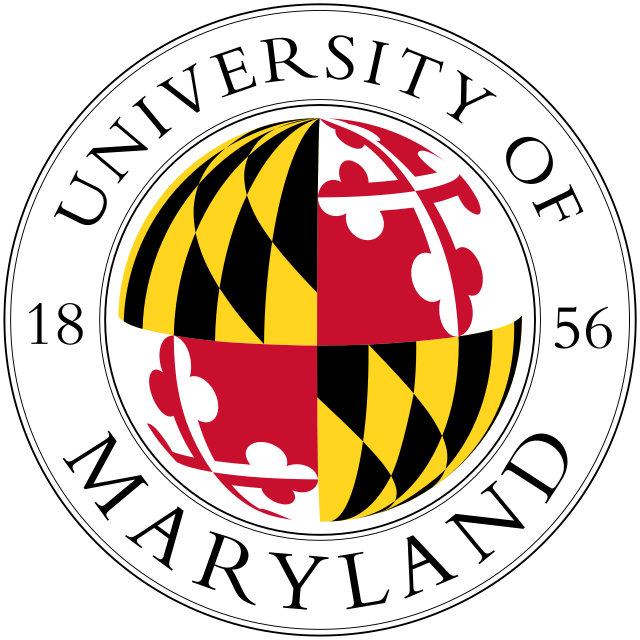Poster 1:
Albert Frost
Major:
Physics
Scholars Program:
Public Leadership
Title of Project:
An Investigation of the Replication Crisis: The Search for Effective Interventions
Course Used:
CPSP59S
Project Description: Albert reviewed current literature and conducted professor interviews concerning the replication crisis in scientific research, focusing particularly on p-hacking and flawed methodologies.
Main benefits: He developed strong research skills, including the ability to adapt his topic based on new findings and emerging questions during the research process.
Obstacles faced: Albert noted the complexity of evaluating solutions to the replication crisis, especially how narrow interventions may fall short. He struggled to determine actionable conclusions and guidance from the research.
What leads scientists to fake data en masse?
Scientists aren't inherently unethical. It's often systemic pressures that lead to this crisis. Research output is tied to career survival, funding, and publication. These incentives can lead researchers to make compromised decisions, sometimes out of desperation rather than malice.
Poster 2:
Hayley Pinggoy
Major:
Microbiology and Public Health Science
Scholars Program:
Life Sciences
Title of Project:
Manipulating Gene Expression in Pseudomonas aeruginosa
Course Used:
FIRE199
Project Description: Inserted plasmids into bacterial cells using CRISPR technology to alter gene expression.
Main benefits: Gained practical lab experience in microbiology and familiarity with equipment like a PCR spectrophotometer.
Obstacles faced: The artificial urine medium used in the experiment failed to support control strain growth, which prevented the team from achieving conclusive results.
How would you iterate on this project if you could go back?
The first step would be identifying a working urine medium. With that in place, we could then test whether CRISPR actually reduces bacterial growth and obtain meaningful data.
Poster 3:
Jillian Conway
Major:
Information Science
Scholars Program:
Science and Global Change
Title of Project:
AI-Powered Contract Proposal Tool for Clarity Innovations
Course Used:
CPSP359G
Project Description: Worked with a system that collects online data, stores it in a searchable database, and uses machine learning to help with finding relevant contracts efficiently.
Main benefits: She gained a wide range of new technical skills through self-research and trial-and-error, particularly in areas she had no prior experience with.
Obstacles faced: Since this was an internship, she had to complete all tasks independently, which presented a significant challenge.
Are AI database searches the future?
Absolutely. AI has the potential to significantly optimize search processes, reducing bottlenecks and increasing workplace efficiency.
Poster 4:
Kitty Shi
Major:
Computer Science (Data Science Track) and Biological Science
Scholars Program:
Science and Global Change
Title of Project:
Making Live Happen: Software Engineering at Ticketmaster
Course Used:
CPSG230
Project Description: Worked on redesigning Ticketmaster's internal API to detect and report system errors in real-time as part of a software engineering internship.
Main benefits: Gained extensive experience with AWS enterprise tools and learned to think like a software engineer in a real-world environment.
Obstacles faced: The API struggled with scaling. It could handle 100,000 objects but would fail when dealing with a million. They worked on strategies to improve system performance under higher loads.
What did you learn most about AWS through this experience?
I learned about AWS beyond just the basics—such as pushing to a database. This experience gave me insight into using AWS tools to build scalable systems and problem-solve like a professional engineer.
Poster 5:
Amelia Hans
Major:
Environmental Science and Policy
Scholars Program:
Science and Global Change
Title of Project:
Facilitating Environmental Remediation
Course Used:
CPSP359G
Project Description: Calculated environmental mediation strategies for a contractor working on EPA-guided environmental rehabilitation projects.
Main benefits: Learned about federal rehabilitation efforts and how the EPA collaborates with contractors to ensure thorough environmental care.
Obstacles faced: Faced challenges with contract delays due to heavy back-and-forth between stakeholders. She had to manage fast-paced deliverables independently to prevent bottlenecks.
Does this contractor handle rehabilitation in the most effective way?
Yes. The EPA is involved in every contract, which ensures that projects are completed carefully and effectively. The process is thorough and responsibly executed.


